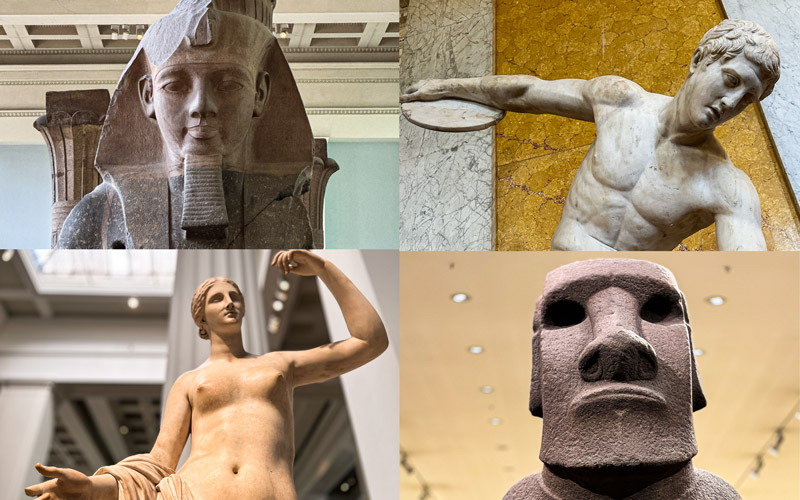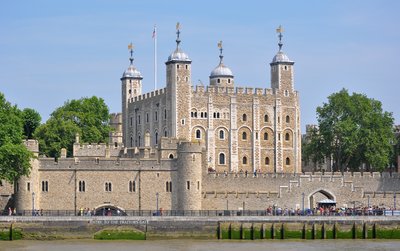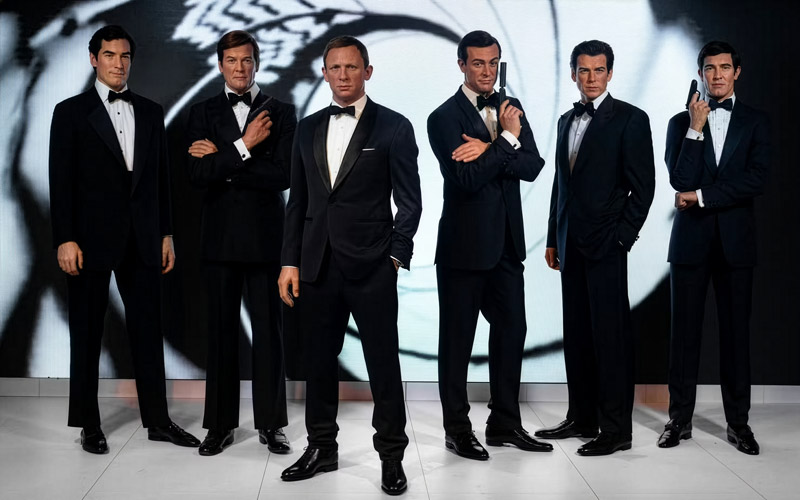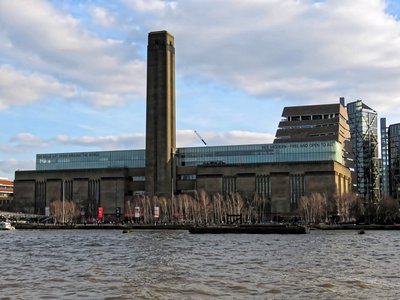Royal Observatory, Greenwich
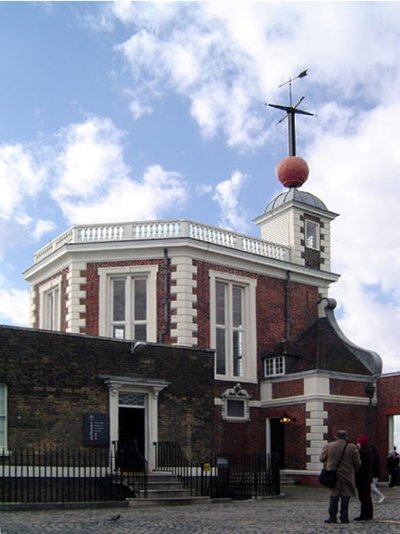
⭐ Highligts
Prime Meridian Line
0° longitude starts hereSir George Airy marked the Meridian in 1851; it became the world’s reference at the 1884 conference.
📍 Flamsteed House courtyard
Harrison Timekeepers
Solved longitude at seaJohn Harrison’s H1-H4 chronometers (1730s-1759) slashed navigational errors and transformed ocean travel.
📍 Time galleries, Flamsteed House
Great Equatorial Telescope
Victorian 28-inch refractorInstalled in 1893, this giant refractor sits beneath the distinctive green ‘onion’ dome overlooking London.
📍 Onion-dome building
Shepherd Gate Clock
First public GMT clockMounted in 1852, its 24-hour dial displayed Greenwich Mean Time to Londoners decades before radio time signals.
📍 Outside main gate
Planetarium & View
Immersive shows and skylineOpened in 2007, the planetarium complements one of London’s finest vistas across Greenwich Park to Canary Wharf.
📍 Peter Harrison Planetarium / park terrace
Opening Hours
🤓 Fun Facts
Founded in 1675 by King Charles II, the observatory set standards for navigation and time.
The Prime Meridian of 1851 was adopted internationally in 1884; over two-thirds of ships already used Greenwich charts.
Greenwich’s red time ball has dropped almost daily at 13:00 since 1833 to signal the exact time to ships.
Harrison’s H4 sea watch of 1759 demonstrated accuracy within seconds over an Atlantic voyage.
The 28-inch refractor’s Great Equatorial Building dates from the late 19th century and remains a Greenwich landmark.
